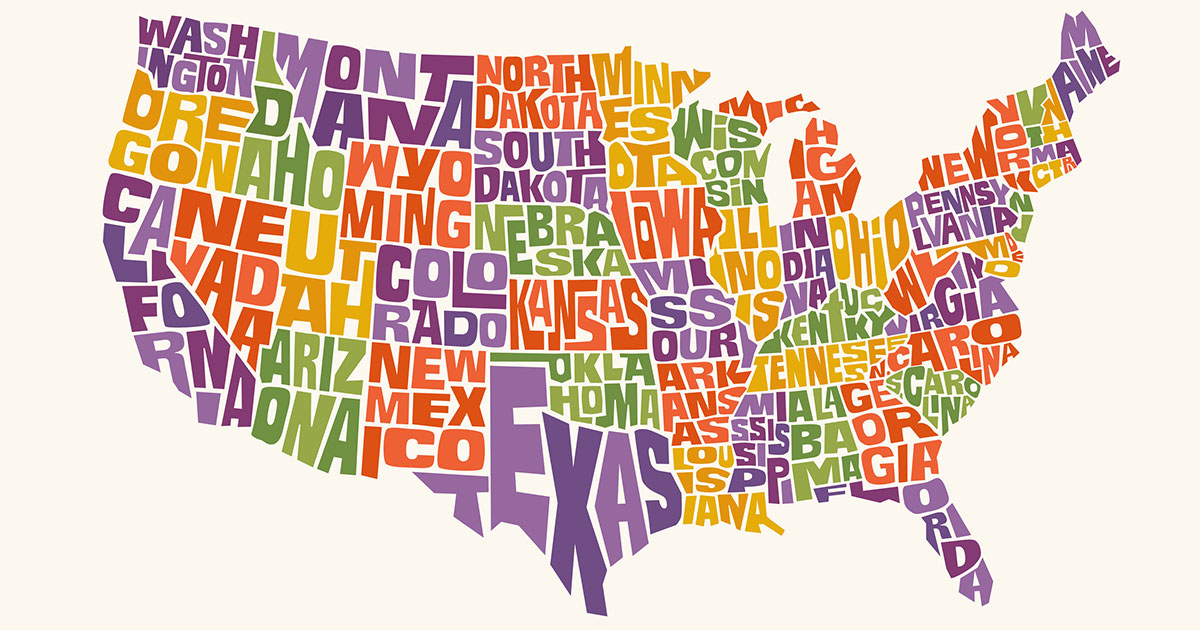
If you have been practicing law in Wisconsin, you may have thought about what it would require to practice law in a neighboring or other state as well.
Each state requires its own admission process set forth by supreme court or board of admission rules in that state. Most states allow for admission by motion, sometimes called reciprocity or comity, for practicing lawyers who have already been licensed for a certain number of years.
One question many Wisconsin lawyers may have, in addition to how many years or what specific requirements there are, is whether the other state allows admission by motion when the attorney has been admitted to their state by diploma privilege (or not taking a bar examination), as well as whether a Multistate Professional Responsibility Examination (MORE) is required.
This chart is a 2023 survey of 50 states that answers those questions, including whether the state allows for admission for attorneys who have not taken a bar exam previously, whether the MPRE is required, whether any additional specific educational courses or exams are required for admission, and what specific rule in that state governs admission by motion.
See the admissions chart on Wisbar.org.
Notes on the Chart
Some states require reciprocal admission. This refers to jurisdictions that allow only admissions upon motion when the jurisdiction from which you are applying also allows the admitting state such reciprocal admission.
 Kate Cook, Indiana 2012, is with the State Public Defender's Office in Eau Claire.
Kate Cook, Indiana 2012, is with the State Public Defender's Office in Eau Claire.
Wisconsin allows admission from any state, so nearly all states with reciprocal admission also allow licensed Wisconsin attorneys to apply by reciprocal admission. A few jurisdictions, however, require that if the state in which you practice has stricter requirements for admission by motion than the state to which you are applying, then the stricter requirements apply. See chart for details on this.
For many jurisdictions, admission by motion also requires a minimum active practice of law of 80 hours per month or 1,000 hours per year. The active practice of law includes different forms, nearly all states including law teaching, government agency practice, military, in-house corporate, and judicial court of record practice.
Nearly all jurisdictions will not admit someone by motion who is under a license suspension or disbarment. Further, every state requires a certificate of good standing.
Finally, there are also a few states that require residency or intention to conduct primary practice of law or maintain an office in the state. Be sure to check each state’s rule for specifics on the procedures.
Patience Required As Well
Keep in mind that while it may take between three to 12 months to process an application under this procedure, depending on the state, do not be discouraged because nearly all states also have a procedure to practice law while your application is pending. Therefore, do not be discouraged by the length of time.
This article was originally published on the State Bar of Wisconsin’s
Public Interest Law Section Blog. Visit the State Bar
sections or the
Public Interest Law Section webpages to learn more about the benefits of section membership.
